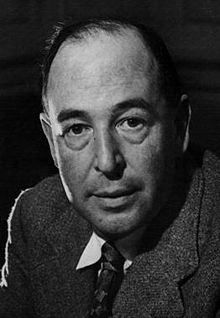May I just say that history is lively abode, full of surprises.
Erik Larson, The Splendid and the Vile
So much has been written about Winston Churchill, about World War II in general and about the Blitz in particular that you wouldn't think someone could write anything fresh and original about them. But this is Erik Larson and the book is
The Splendid and the Vile (2020), so move to the edge of your seat.
Larson has a way of turning history into something that reads like a thriller, as he has done before with the sinking of the Lusitania and the Chicago World's Fair. Now he does it again with the Churchills and the Blitz. Winston, the new prime minister, shares the spotlight here with his wife, Clementine; his daughter, Mary, then in her late teens; and his playboy son, Randolph, with his huge gambling debts and numerous affairs.
Larson makes the war personal, and not just for the Churchills but also for various figures in the British government and and even for some of those on the German side and in the United States. Good fiction requires interesting detail, and Larson shows that the same is true with books of history. For example, Winston Churchill took two baths each day, conducting business with his secretaries and advisors while in the tub. Larson tells us that Churchill once met with President Franklin Roosevelt while entirely nude and out of his tub.
Larson turns his history into a love story, and in fact into multiple love stories, including Mary and her temporary sweetheart and Pamela Churchill (Randolph's wife) and William Averell Harriman, FDR's representative to London. Meanwhile, he gives us plenty of detail about the German bombing attacks.
One detail I found particularly interesting was that the London Blitz began by accident. Hitler ordered his pilots to bomb only military targets in England, but one dark night bombs were accidentally dropped over London. Churchill retaliated by bombing Berlin. Hitler, unaware of the accidental London bombing, retaliated by bombing London. From then on the bombing of cities became routine, right up to Hiroshima
In Erik Larson's hands, history certainly is a lively abode.












